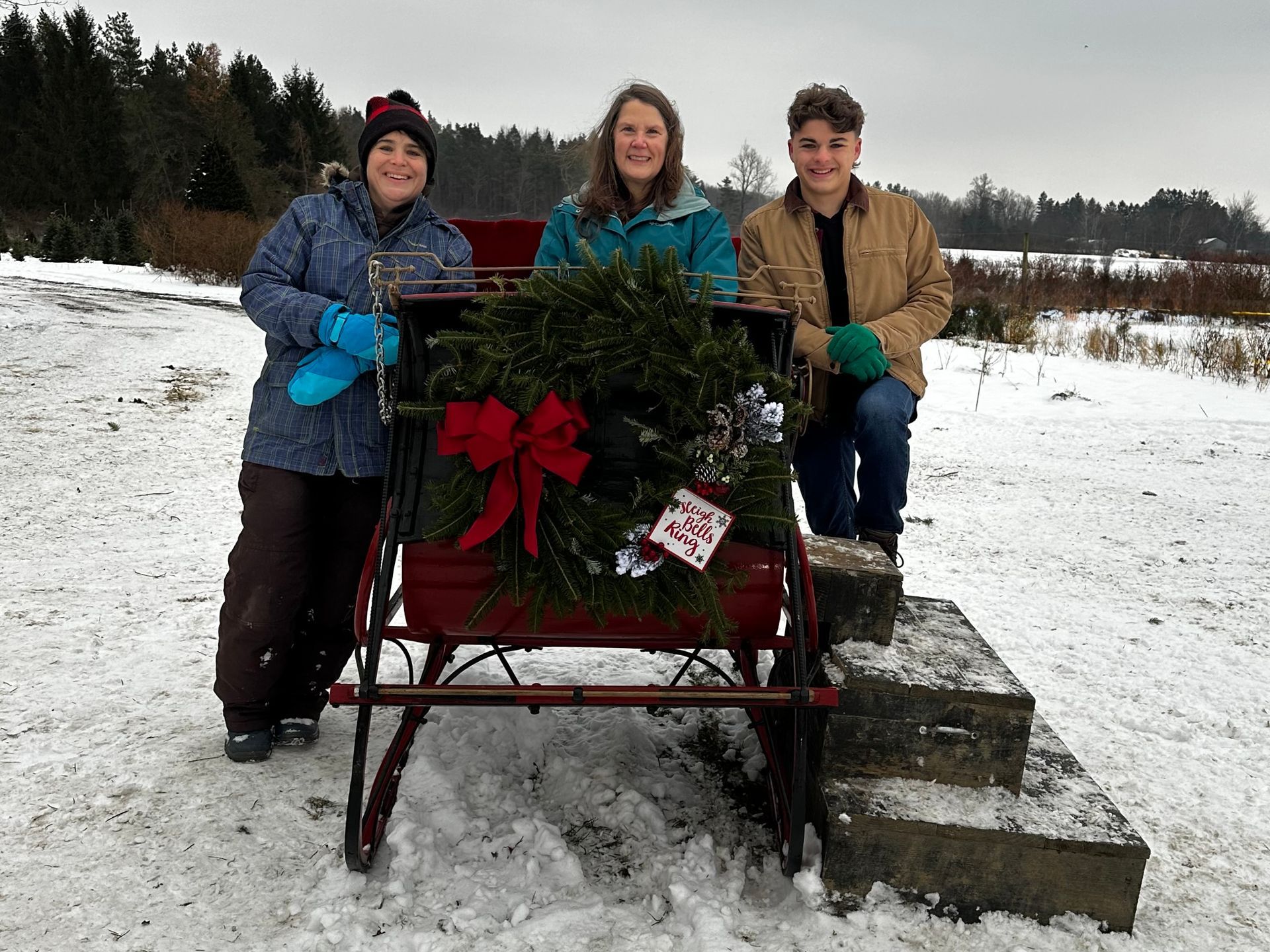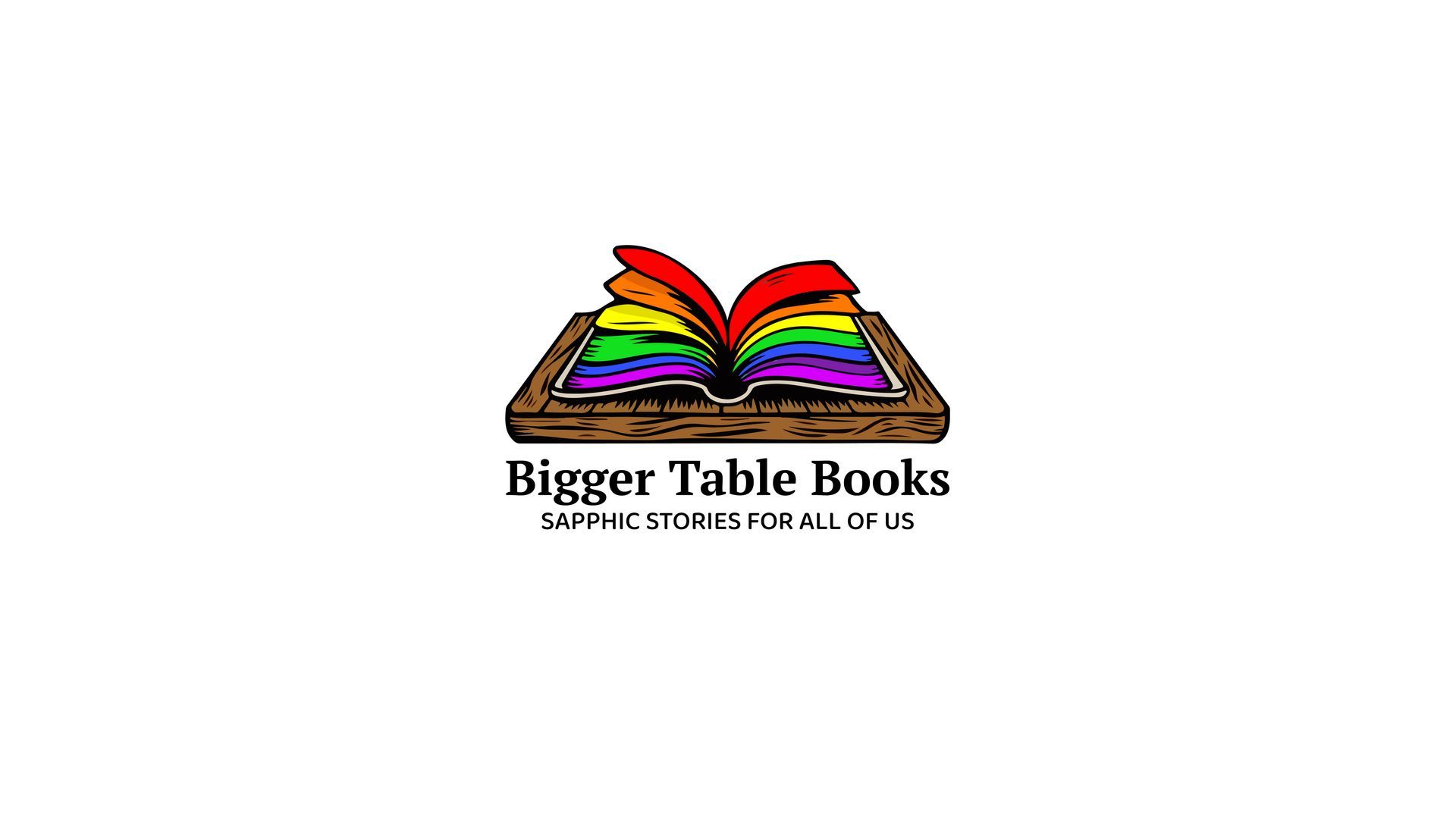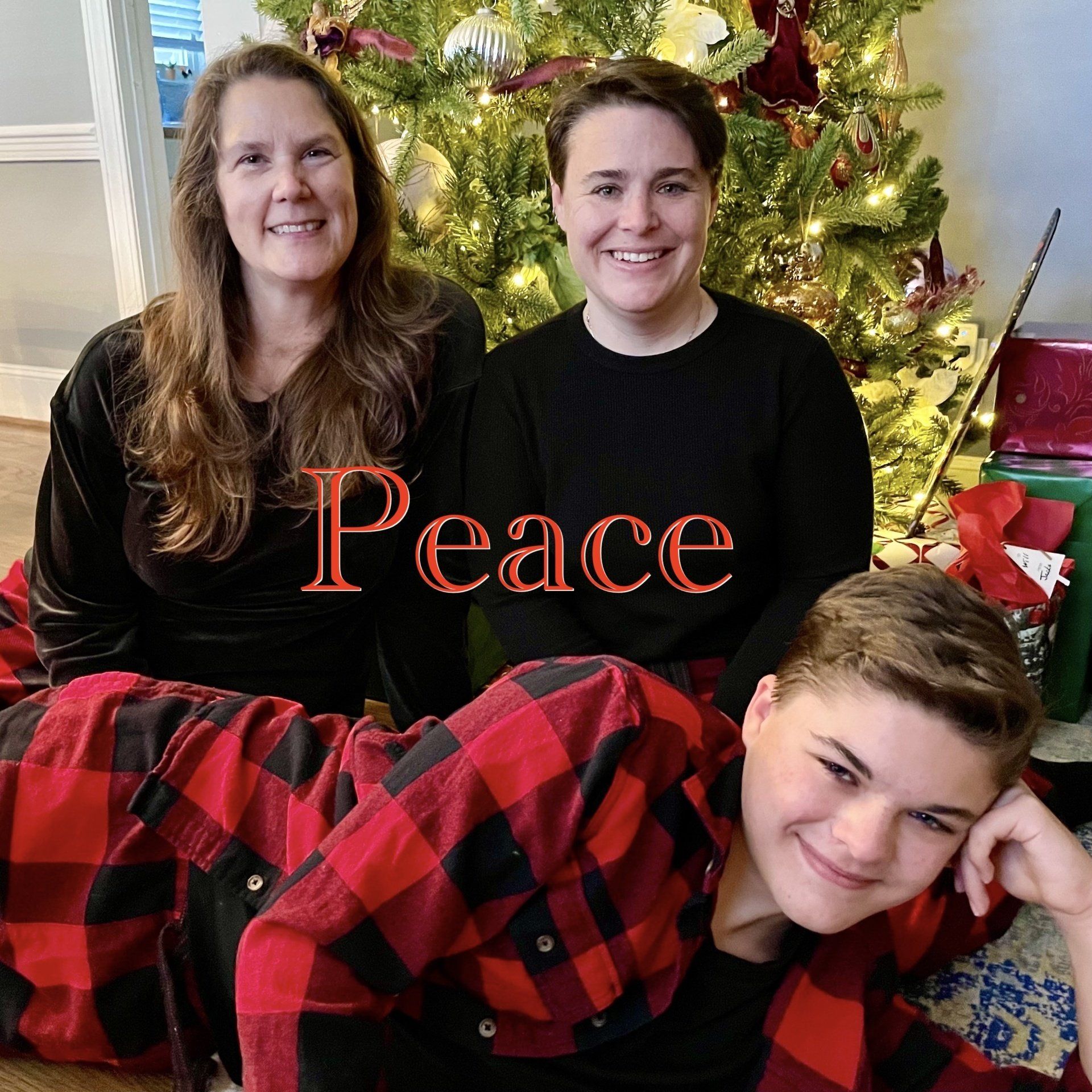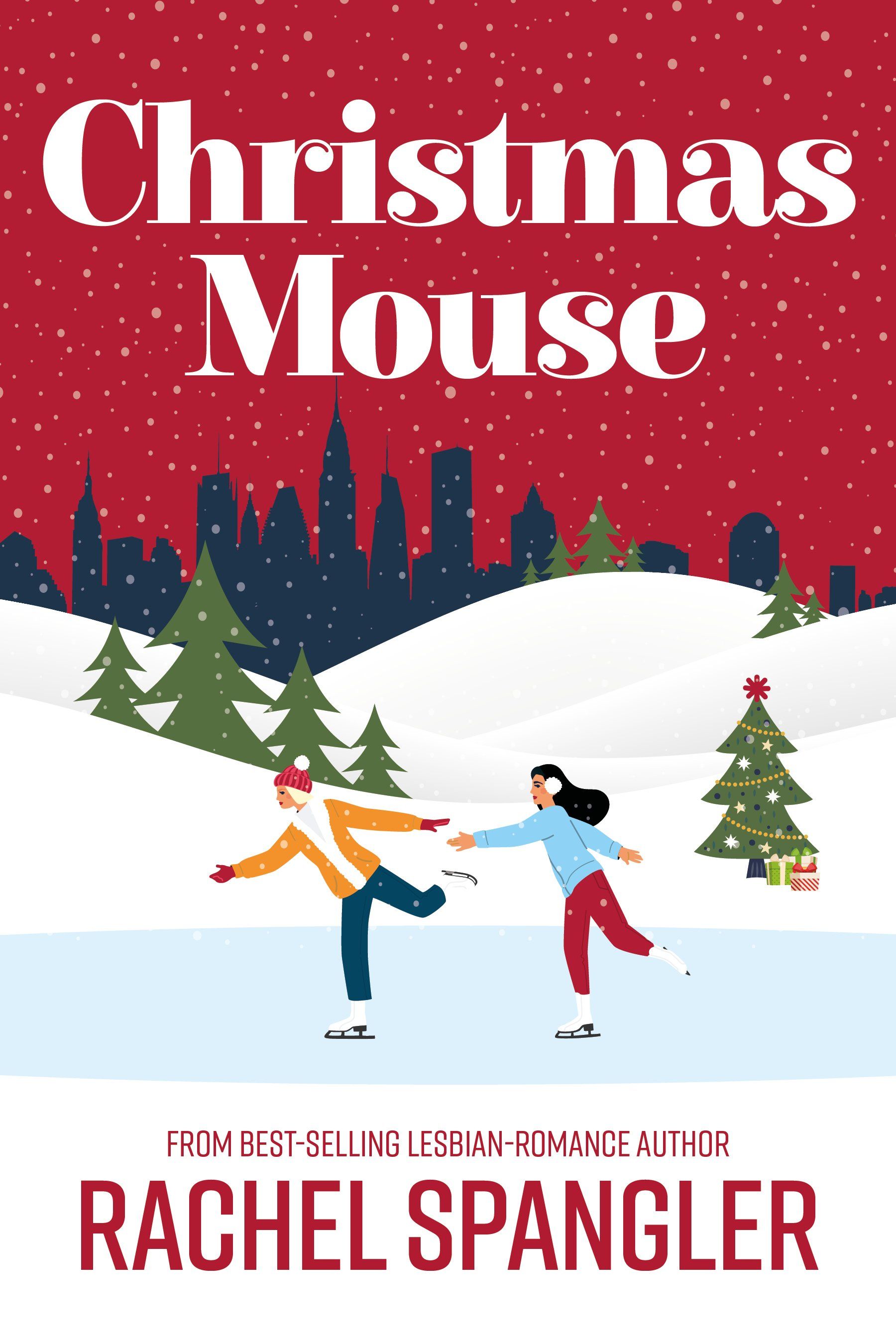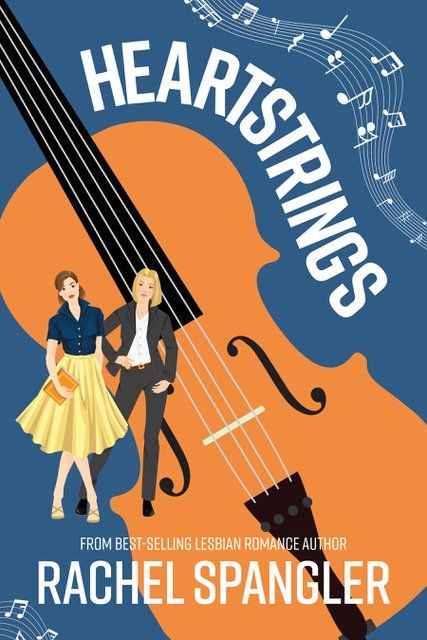Speaking About Sandra
I’ve been quiet on social media since I received word of Sandra Moran’s passing. I said that I didn’t have any words. That wasn’t quite true. I’ve had a lot of words. They just haven’t been the right ones. And as a writer finding the right words matters to me. Words make meaning and shape understanding. When it came to Sandra all the words I had were laced with pain, sadness. They were honest, so I don’t think they were bad or even wrong. And still they weren’t right, because what I wanted wasn’t what Sandra wanted.
I wanted to relay stories about how we didn’t really get to be close until this past year, until it was almost too late. I wanted to prove our closeness by telling of the many conversations we had in private during our coinciding transitions to Bywater Books. I wanted to share nicknames we had for each other and the slogan we used for talking about all the great things we’d do now that we both worked for the same publisher. I wanted to scream about those plans. I wanted to shout about what we’ll never get to do together. I wanted to beg someone to tell me what I’m supposed to do now. I wanted to make sure everyone felt the pain, and the sense of loss, and my fears about moving forward without her as part of this rebuilding process. I wanted someone else, everyone else, to feel my crushing sense of regret for not starting sooner or doing more. I wanted to make everyone understand how little they really understood about how bad this hurt me.
And while all those things might be real, and even useful parts of the grief process for me personally, they aren’t the emotions I ultimately want to project to the world about Sandra Moran. Those emotions aren’t really about Sandra at all. They are about me. They are self-centered, and most importantly they are not what Sandra wanted.
I don’t pretend to know everything about her final wishes. I defer completely to her wonderful wife, Cheryl, on those. We were only able to talk a few times after her diagnosis, and all of the conversations were brief, but over the last months she made a few very strong statements about what she wanted and what she didn’t want.
She understood people’s sadness, but she hated to be the cause of it. She did not want to be remembered as a tragic figure. She did not want to be remembered for how she died. She did not want to be talked about as an object of pity or despair. She did not want to be a convenient example for all of life’s unfairness. She was so much more, and she wanted to be remembered for so much more. One thing she told me virtually every time we talked was that she wanted to be forever known as Sandra Moran, the writer. She wanted to known as an advocate for queer literature and queer history in all its breadth and depth. She wanted to be known as someone who lifted up the best and the brightest voices, and while she never said so, I think it would honor her to be counted among those voices.
Sandra Moran left us a legacy that means so much to and for our collective queer family. She left us her work, and she left us with the challenge of following her example. GCLS is accepting donations for a scholarship in her memory. Ann McMan and Salem West are carrying on with Sandra’s plans to help raise money for the Lambda Literary Foundation. The LikeMe Lighthouse is naming their library in her honor. Marianne K Martin is continuing on with their work on The Legacy Project to capture and preserve the pioneer voices in Lesbian literature. Sandra’s passion inspired so many of us, and that inspiration will not fade simply because she has passed the torch. She will live on as a big-tent, big-heart, big-talent woman, and each of us is now charged with carrying her light forward in a million different ways.
I am still not sure exactly which pieces of her legacy I will pick up. I’m still lost and confused, and I think she’d forgive me for that, but I don’t think she’d forgive me if I ended things here, or even if I stalled for too long in my memories of her, because my pain, my insecurities, and my fear may all be valid, but they are mine, not Sandra’s. So I will cry, I will grieve, I will wonder what might have been, and I will probably worry too much, but I will always remember that I’m doing those things out of my own fragile sense of mortality, not as part of my friend’s legacy.
Sandra was better than all that. Sandra’s memory is better than all that. So, when I speak of her, I will not speak of what I lost. I will speak about what she brought to our lives. I will not talk about how she died. I will honor the purposes for which she lived. I will not dwell on the unfairness of it all. I will emphasize how she touched more lives in 47 years than most people ever do in twice that long. I will not obsesses about the work left undone. I will cling to the work she left behind, and I will acknowledge its unique power to teach, to inspire, and to move every one of us forward.
That is more than what Sandra wanted. It’s what she deserves.



